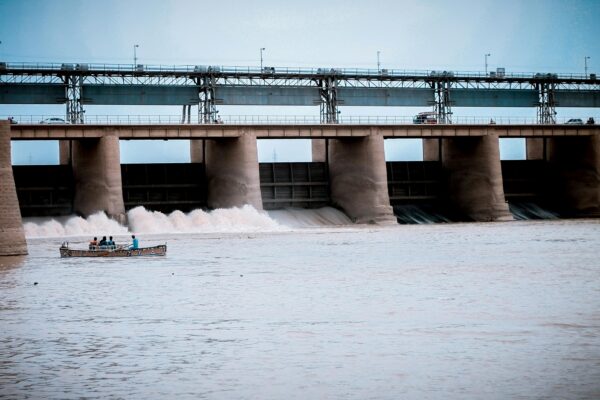By Jamie Aspin – Business Development Manager, Eclipse Power
In the rapidly evolving landscape of Electric Vehicles (EVs), the spotlight has shifted to a crucial yet sometimes overlooked aspect of the EV revolution: electricity networks.
As IDNOs, INA members are witness to a significant transformation in the industry as the demand for EV charging infrastructure surges and the importance of modern electricity networks takes centre stage. This transformation presents both opportunities and challenges, prompting us to reflect on key learning points and outline our vision for the future.
Observations and Learning Points:
Grid Applications Complexity:
One of the foremost challenges IDNOs have encountered is the complexity of grid applications. Navigating through multiple application revisions adds significant time and resources to projects. Our experience has taught us the importance of streamlining this process through strategic partnerships and proactive engagement with clients and Charge Point Operators (CPOs).
Legal Hurdles:
Unforeseen legal issues often arise, causing delays to projects and frustrations. Building an in-house legal team and collaborating with third party legal experts have proven instrumental in mitigating these challenges across all DNO areas. Early identification and prediction of potential legal issues in the project journey are paramount for success.
Communication & Customer Service:
Effective communication between all parties is the cornerstone of project delivery. Here at Eclipse – but also across the entire INA membership – we’ve observed that seamless communication channels, coupled with designated and accessible account managers and engineers, alongside regular portfolio reviews, is essential for addressing concerns promptly and ensuring project transparency.
Cost Management:
Cost management remains a pressing concern for industry stakeholders, including CPOs. By offering Asset Valuation payments and recommending cost-saving design engineering specifications, we aim to alleviate financial burdens and reduce capital expenditure for our clients.
Speed of Delivery:
In the fast-paced world of EV charging infrastructure installations, speed is of the essence. Legals, communication and grid applications are all critical during the customer journey. Our experience as IDNOs shows us the importance of working collaboratively with CPOs and Independent Connection Providers (ICPs) to accelerate project timelines through standardised designs and implementing self-design approval processes.
Flexibility and Innovation:
Every project presents unique challenges that require innovative solutions. INA members, as indepedent network operators, can be confidently flexible in our approach and prioritise innovation and value engineering opportunities to overcome potential design hurdles and deliver practical, site-specific solutions.
Regional Variations:
Operating across different DNO regions poses logistical challenges. As an IDNO, our geographical flexibility and in-depth understanding of regional DNO operations, enables us to navigate these variations seamlessly, ensuring uniform project execution nationwide for CPOs.
Street Works Management:
Managing street works is a time-consuming effort. By utilising our street works license, we empower ICPs to streamline street works management, thereby accelerating project delivery.
Vision for the Industry:
Looking ahead, we envision an industry that embraces innovation, collaboration, and sustainability. To achieve this vision, we call upon industry stakeholders to focus on the following:
- Collaborative Partnerships: Nurture collaborative partnerships between industry players to drive innovation and efficiency in EV charging infrastructure deployment.
- Regulatory Alignment: Advocate for regulatory reforms that streamline grid applications, simplify legal processes, and promote standardised design specifications across DNO regions.
- Investment in Technology: Embrace emerging technologies such as smart grids, renewable energy integration, and advanced metering infrastructure to future-proof electricity networks and support the transition to electric mobility.
- Sustainability Initiatives: Prioritise sustainability initiatives, such as decarbonisation efforts and circular economy practices, to minimise environmental impact and create a greener future for generations to come.
- Skills Development: Invest in workforce training and skills development programs to equip industry professionals with the expertise needed to navigate the complexities of modern electricity networks and EV infrastructure deployment.
In conclusion, the electrification of transportation represents a monumental shift in the energy landscape, with electricity networks playing a pivotal role in enabling this transition. By embracing innovation, collaboration, and sustainability, we can unlock the full potential of electric mobility and pave the way for a cleaner, more sustainable future.


